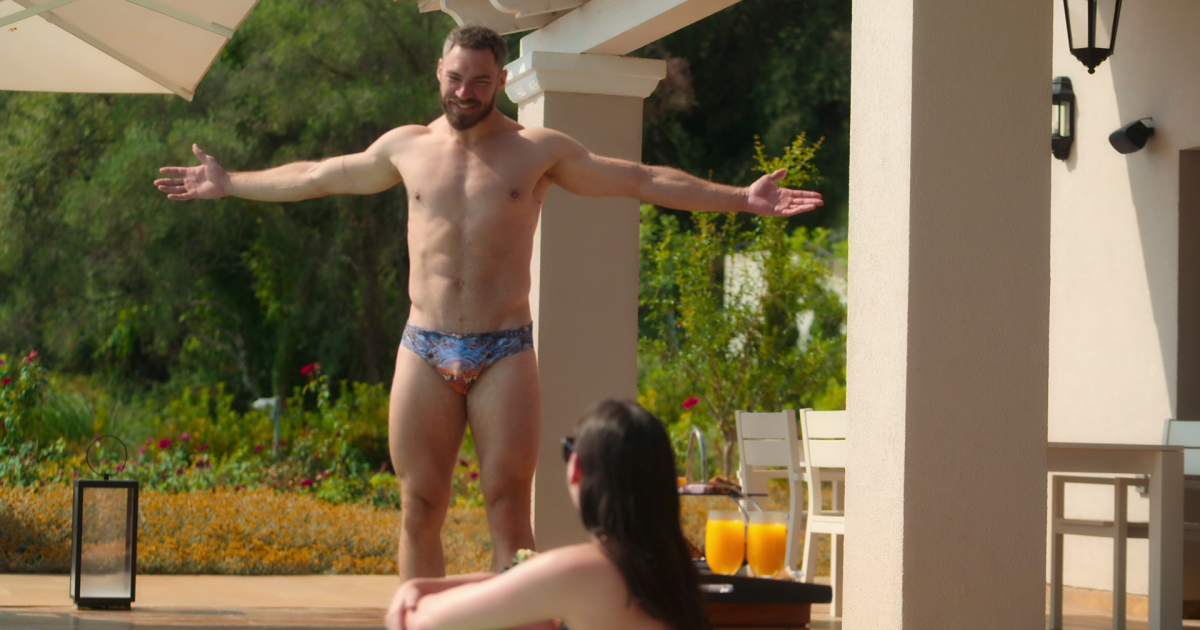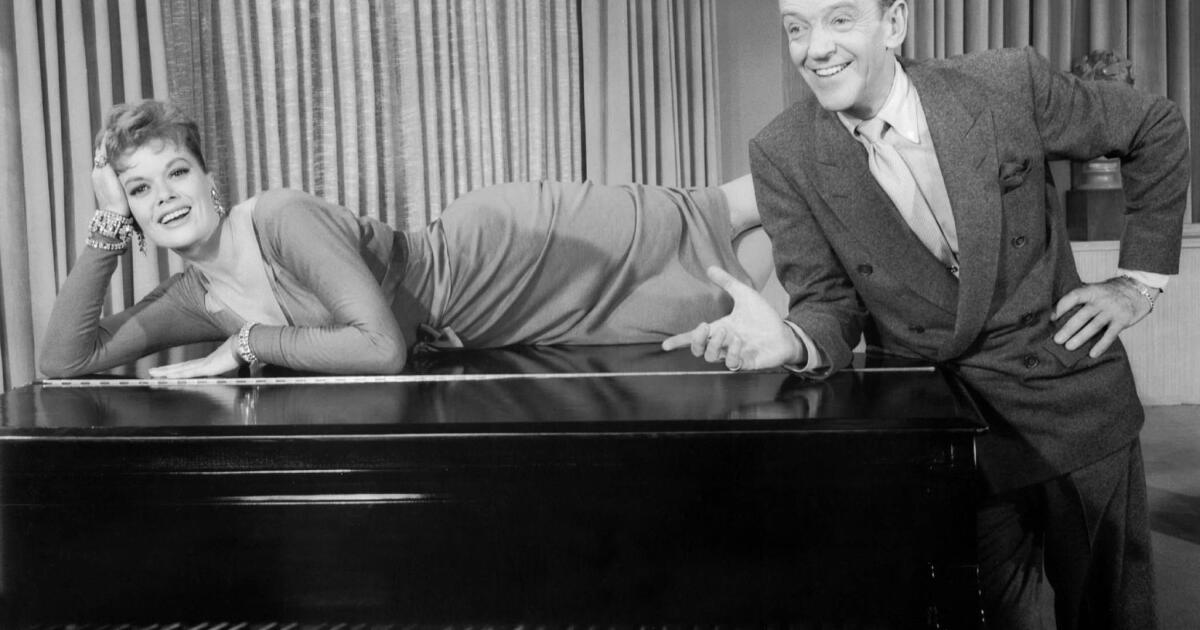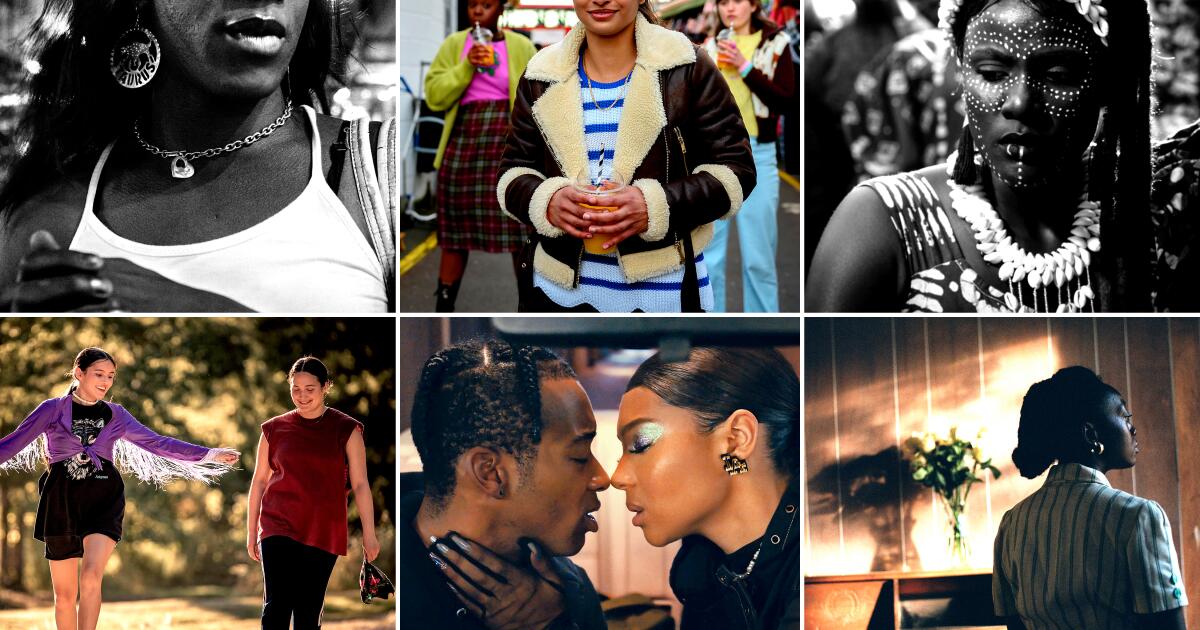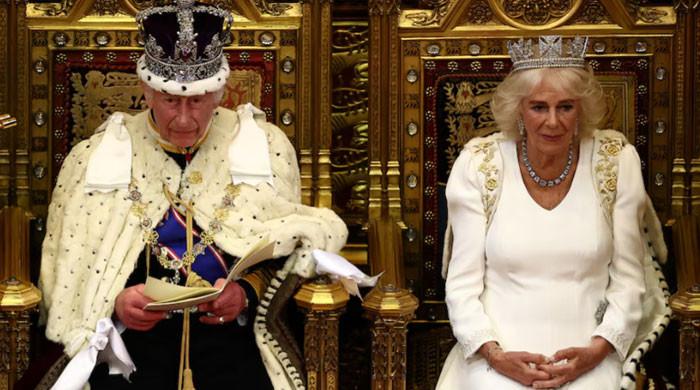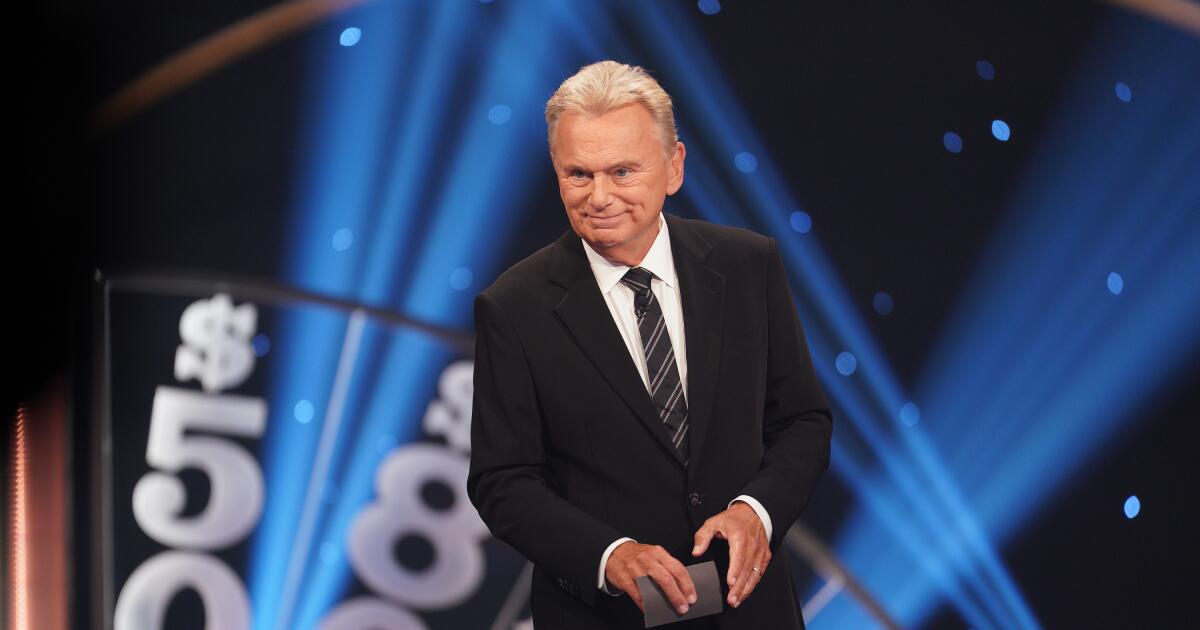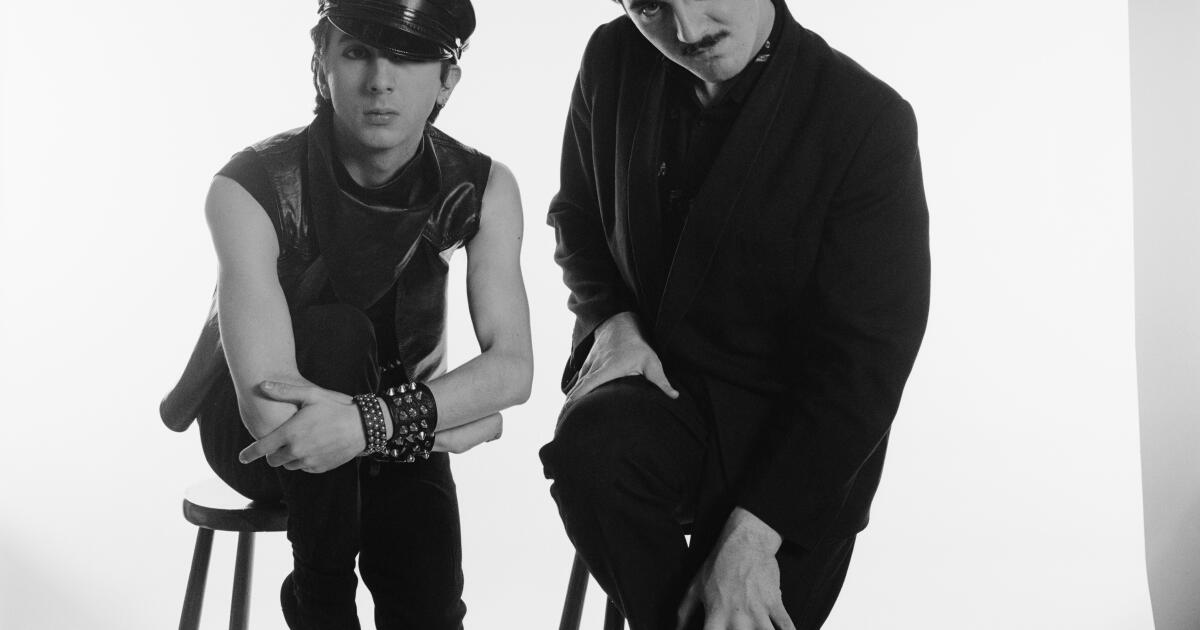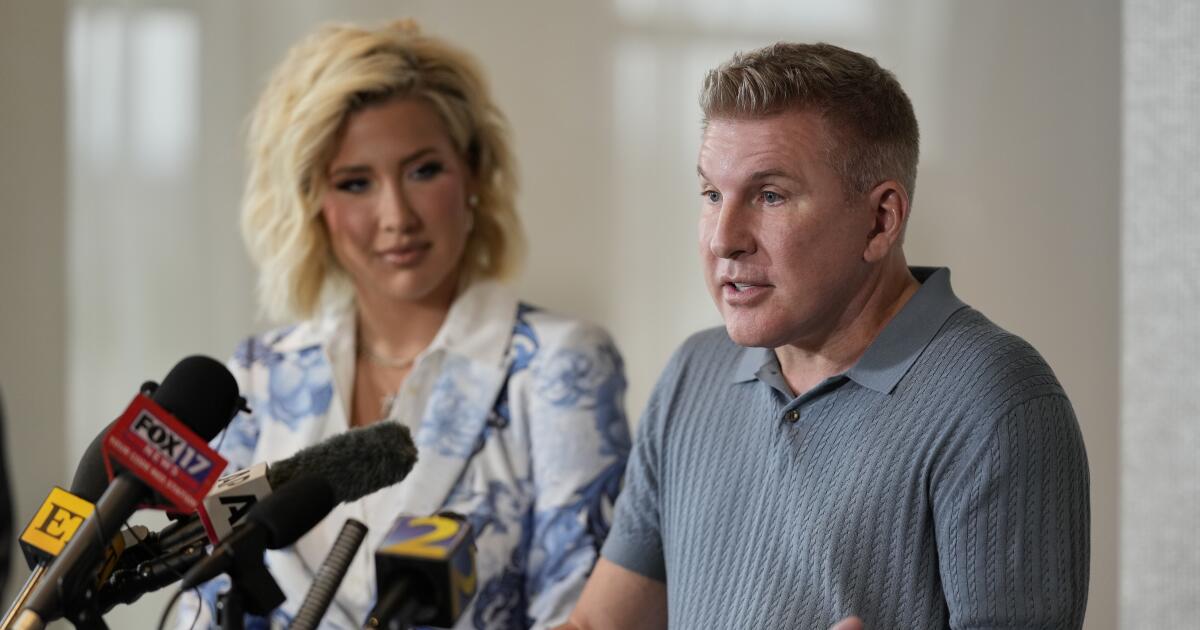Love may be blind, but does it care about your accent?
That’s one of the many questions facing contestants on “Love Is Blind: UK,” the latest international version of Netflix’s hit reality show about singles who fall in love through a wall and then decide whether they want to get married after meeting face to face.
Over six seasons, which have taken place in cities across the United States, the original “Love is Blind” has spawned 11 marriages, two divorces, a slew of lawsuits and two babies (so far). Japanese, Swedish and Brazilian versions of the show (sorry, “experiments”) have also spawned successful relationships. But lately the American prototype has been showing signs of the strain that plagues virtually all established reality shows, thanks to too many fame-hungry contestants who know the rules of the game.
Enter “Love Is Blind: UK,” which put a distinctly British spin on the formula when it premiered earlier this month, and has emerged as a welcome return to form for the franchise, delivering a satisfying mix of enjoyable messiness and heartwarming love stories.
The latest version takes the hallmarks of “Love Is Blind” — the gilded wine glasses, the windowless compartments that look like Ikea displays, the delusional villain, the barely-there hosts who show up just when you’ve forgotten they exist — and presents them in a context just new enough to keep things interesting. The show features an array of colorful Britishisms and charming regional accents, oddly formal terminology (for some reason, the “ladies’ drawing room” is referred to as the “female sitting room”), and a wedding venue worthy of a Jane Austen adaptation.
When the weddings took place last week, six couples were getting married. Miraculously, some of them were even nice, and several ended up saying “I do.” Now, with Monday's reunion, we'll dig deeper into who's still together a year after filming wrapped.
Sam in “Love is Blind: UK”
(Netflix)
If, as the old adage goes, England and America are two countries separated by the same language, then the original “Love Is Blind” and its British counterpart are two reality shows united by shared tropes.
Like millions of others, “Love Is Blind: UK” executive producer Nazleen Karim became hooked on “Love Is Blind” during the COVID-19 lockdown. “What I loved was how close the cast felt and how they really wanted something a little bit different,” she said on a Zoom call from her home in London. “We’ve never seen people wanting a deep, lifelong connection on other reality shows in the same way.”
As for adapting the show for the UK, Karim said he stuck to the established format and schedule, but had some concerns about how a nation known for its reserved temperament would fare on a show that requires people to open up to someone they’ve never met. “For us, the only question was, ‘Will Brits be able to express their emotions in the same way Americans do?'” he said. “Very quickly, it was shown that Brits could feel all the feelings and talk about their emotions in a really honest and open way, which we found really refreshing.”
The U.K. is no stranger to over-the-top dating shows, including “Naked Attraction,” “Sex Box” and, of course, the summer ritual that is “Love Island.” While those shows traffic in quirkiness and smut, anyone expecting a bevy of tanned wannabe influencers may be pleasantly surprised by “Love Is Blind: UK,” which features a cast of (mostly) earnest, likeable people with what appear to be their original teeth.
“Those shows are primarily for dating, whereas this one is for a lifelong relationship. It has more seriousness to it,” Karim said. “As marriage is what’s at stake, that tends to rule a lot of people out.” He added that while “Love is Blind” is popular in the U.K., “there were a lot of British men who hadn’t heard of the concept yet. What we found is that people watch the show here, but they tend to watch it with their husbands or boyfriends. So, a lot of men aren’t aware of it.”
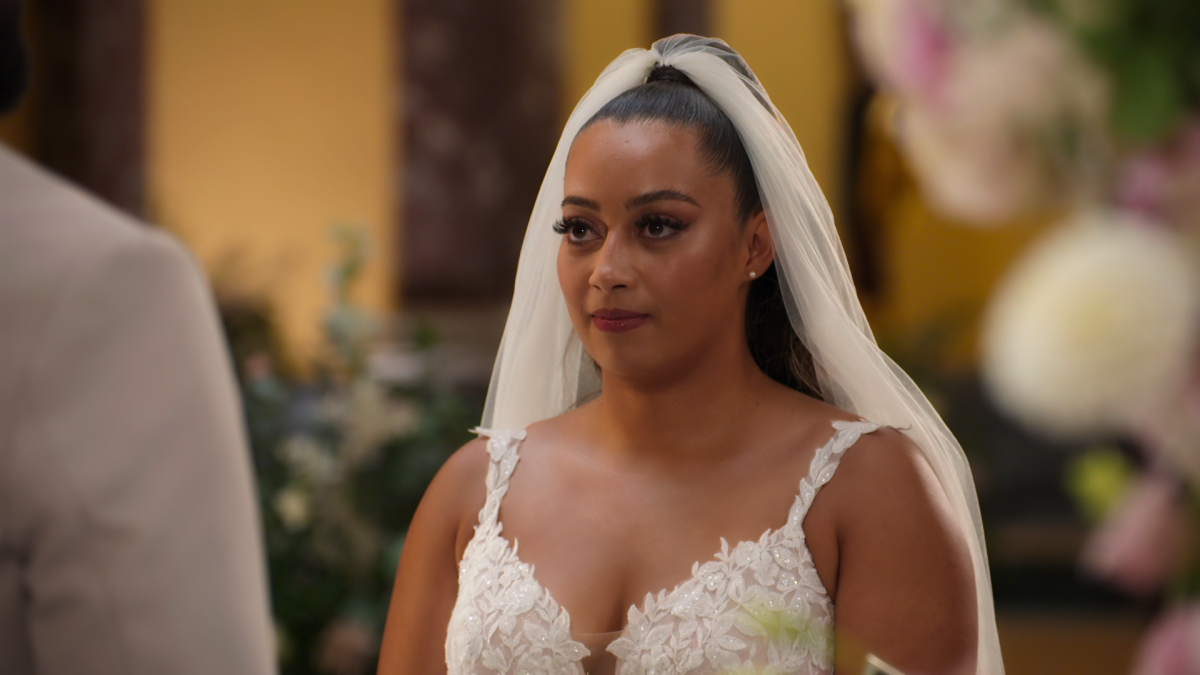
Demi at the altar in “Love Is Blind: UK”
(Netflix)
Another factor that sets “Love Is Blind: UK” apart is the maturity of its cast. The contestants range in age from 27 to 38, much older than the typical “Love Island” villa dweller, and even a few years older than the American “Love Is Blind” contestants, who are all just 24.
One of the season’s breakout stars is Demi, 30, a sports-loving Londoner who struggles with her insecurities but ultimately finds the confidence to make the right decision about her relationships. “Someone like Demi is really relatable, especially to a lot of women around the world. Her journey of self-discovery and self-love is probably one of the most beautiful love stories to come out of this series,” Karim said. Another standout is Freddie, 32, a funeral director with a heart of gold and abs carved out of marble.
No reality show would be complete without a villain, and Love Is Blind: UK features 31-year-old Sam, who told his fiancée she had “boring brown eyes” minutes after seeing her for the first time. Surprisingly, the engagement doesn’t last.
Unlike the American version of the series, which features characters from only one geographic region each season, “Love Is Blind: UK” features cast members from all over England, Scotland and Northern Ireland.
“We're a lot smaller here, so we can pull it off,” Karim said. “But there's also something quite festive about having the whole of the UK [in the show] — the accents, the regional diversity. There are a lot of presumptions within all of us about, ‘Oh, you’ve got that accent, so you’re like that. ’ Breaking those stereotypes was really lovely, and just enjoying the musicality of everyone’s phrasing. “There’s also a lot of British slang, like “punching” (short for “punching above your weight”), which is often used self-deprecatingly; the term “cheeky chappy,” for a naughty guy; and “budgie smuggler,” for a form-fitting, Speedo-style men’s swimsuit.
Another distinctive feature of the British version is the witty and playful style of flirting and the emphasis on banter. “It’s actually one of our love languages,” Karim said. “We use flirtatious banter, which is also called ‘flanter,’ and we tend to tease each other or be quite sarcastic.”
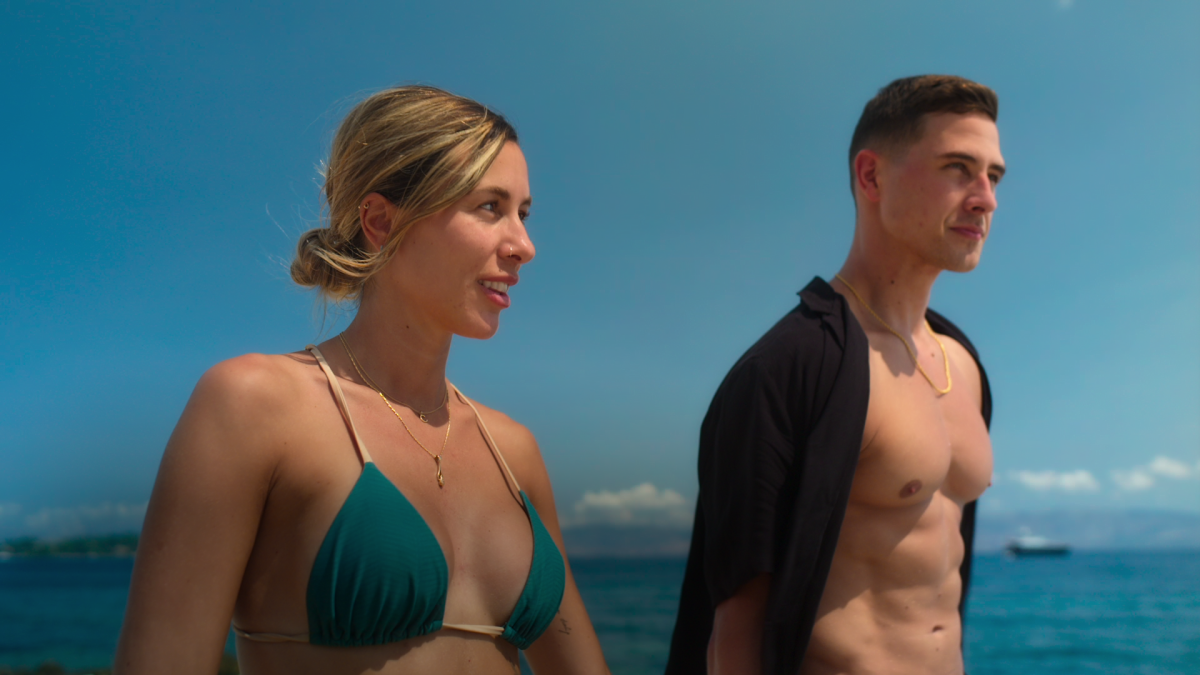
The engaged couple, Catherine and Freddie, enjoy a getaway in “Love Is Blind: UK”
(Netflix)
Karim was firm in his stance on the use of the golden wine glasses that have thrilled and mystified viewers since Season 1 in 2020. “It was one of our big questions. When we first started, we asked Netflix, ‘Are we getting the glasses? ’ They said, ‘Absolutely, it’s so synonymous with the show,’” he said.
But she also tried to bring a visually British feel to the show. “We love pops of colour,” Karim said, which is why the aisles were painted “a bright Cadbury’s purple.” The weddings were held at Wynyard Hall, a sprawling estate in County Durham once inhabited by the Vane-Tempest-Stewart family but now used as an events space. “We have these amazing old historic buildings in the UK,” she said.
Ultimately, Karim said the minor cultural differences in “Love Is Blind: UK” are nothing compared to the universal story of love and the realization that by potentially helping people find their life partners, they could “be creating legacies for a future generation.”
“That’s why I say we have a real responsibility,” Karim said. “What other job do you have to go to work and watch people fall in love?”

